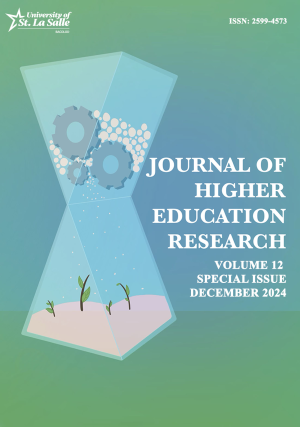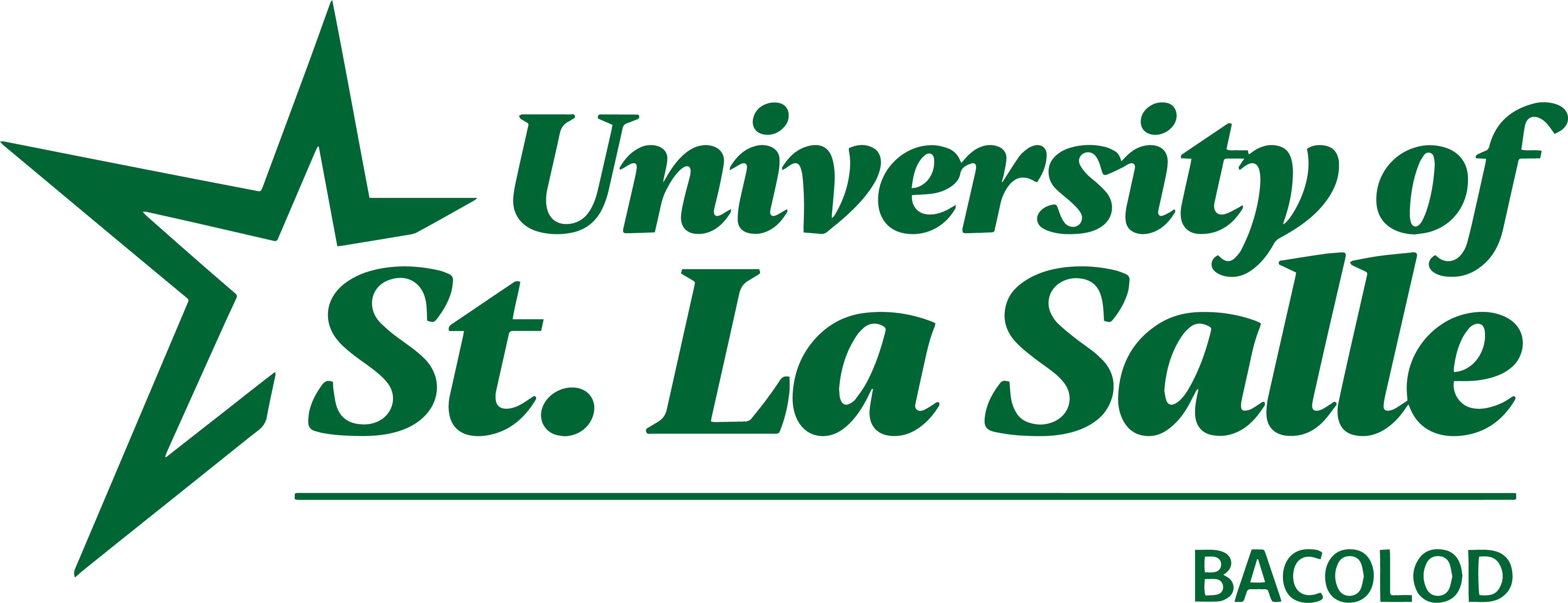From teaching to leading: The metamorphic transition of secondary school teachers-in-charge
https://doi.org/10.70228/PFREE2024004JHER
Cite this article Read this article
ABSTRACT
This phenomenological study explored the lived experiences of secondary school teachers in charge, focusing on their strategies for effective school leadership, teacher supervision, stakeholders' collaboration, learner support, and their motivation for professional growth. Eleven key themes were identified through in-depth interviews with 10 purposefully selected participants, reflecting their challenges, motivations, struggles, and steps toward success. Despite their struggle with low pay grades, heavy administrative tasks, overlapping schedules, and complex work being a school leader, these teachers in charge have a positive mindset, demonstrating compassion towards people they work with, resilience in facing challenges, and dedication to their responsibilities and obligations. The results reveal that transitioning from classroom teacher to school leader involves significant responsibilities such as supervising peers, motivating students, collaborating with internal and external stakeholders, managing resources, and fostering continuous professional development. This journey serves as a reminder of how these teacher leaders continue to transform their school communities, creating positive change, cultivating excellence, motivating people, and collaborating with stakeholders to help the students reach their full potential with the help of the teachers and the whole community. Ultimately, this research highlights the need for continuous professional development of these teacher leaders and staying open to change to confront new educational challenges.
Keywords: teacher leader, phenomenology, educational leadership, professional development, transition

Volume 12 Special Issue, 2024 EDITION
Published 2024
Editor's Note
Across every level of education, leadership and governance shape the direction, culture, and success of learning communities. In times of change and uncertainty, the strength of our schools depends on leaders who can balance vision with action, empathy with accountability, and innovation with tradition. This Special Issue of the Journal of Higher Education Research turns the spotlight on those leaders—documenting their strategies, challenges, and achievements, and offering practical models for others to follow. Carcueva and Ureta provide a closer look at the Philippine Professional Standards for School Heads (PPSSH), examining how career stages align with leadership practices and performance. Meanwhile, Toreta and Ureta showcase the best practices and qualities of the most outstanding school heads, whose leadership fosters excellence, transparency, and sustainable partnerships. Tingson and Leonor examine the relationship between emotional leadership and teachers’ work engagement, providing insights into how supportive leadership styles impact morale and commitment. Miraflores and Leonor evaluate the Project FREE Paglaum Scholarship Program, revealing its substantial impact on teachers’ professional advancement and career progression. Gomez and Ramos chronicle the “metamorphic transition” of Teachers-in-Charge from classroom educators to effective school leaders. At the same time, Salmorin and Ureta examine leadership practices and resilience as predictors of school manager performance in the dynamic and uncertain VUCA environment. Jalwin and Yap present a structural equation model that links leadership practices, organizational culture, self-efficacy, and school quality, shedding light on the complex interplay among these variables. Amisola and Leonor assess School-Based Management (SBM) practices, advocating for a continuous quality improvement program to strengthen educational autonomy and performance. Celeste and Amparo highlight the influence of spiritual leadership on teachers’ organizational commitment, suggesting that values-driven leadership serves as a catalyst for workplace satisfaction and retention. Collectively, these works reveal that effective educational leadership is not confined to administrative skill—it is rooted in vision, empathy, resilience, and a steadfast dedication to fostering environments where both educators and learners thrive. We extend our deepest gratitude to the authors for their invaluable contributions, to our peer reviewers for their discerning feedback, and to the Publication and Engagement Office led by Dr. Lota Largavista for their unwavering support in realizing this special edition. May the insights in this special issue serve as both a guide and an inspiration—equipping educational leaders and policymakers with the wisdom, courage, and innovative spirit needed to shape schools that not only respond to the challenges of today but also create the possibilities of tomorrow. Sincerely, JOVAL N. MARTINEZ Editor-in-Chief


